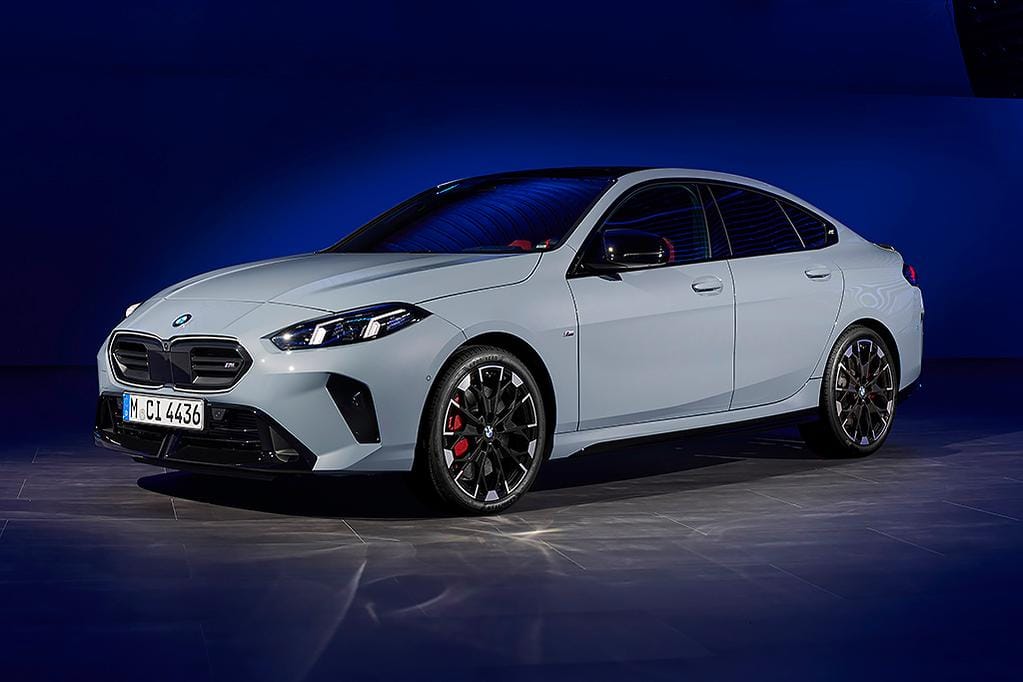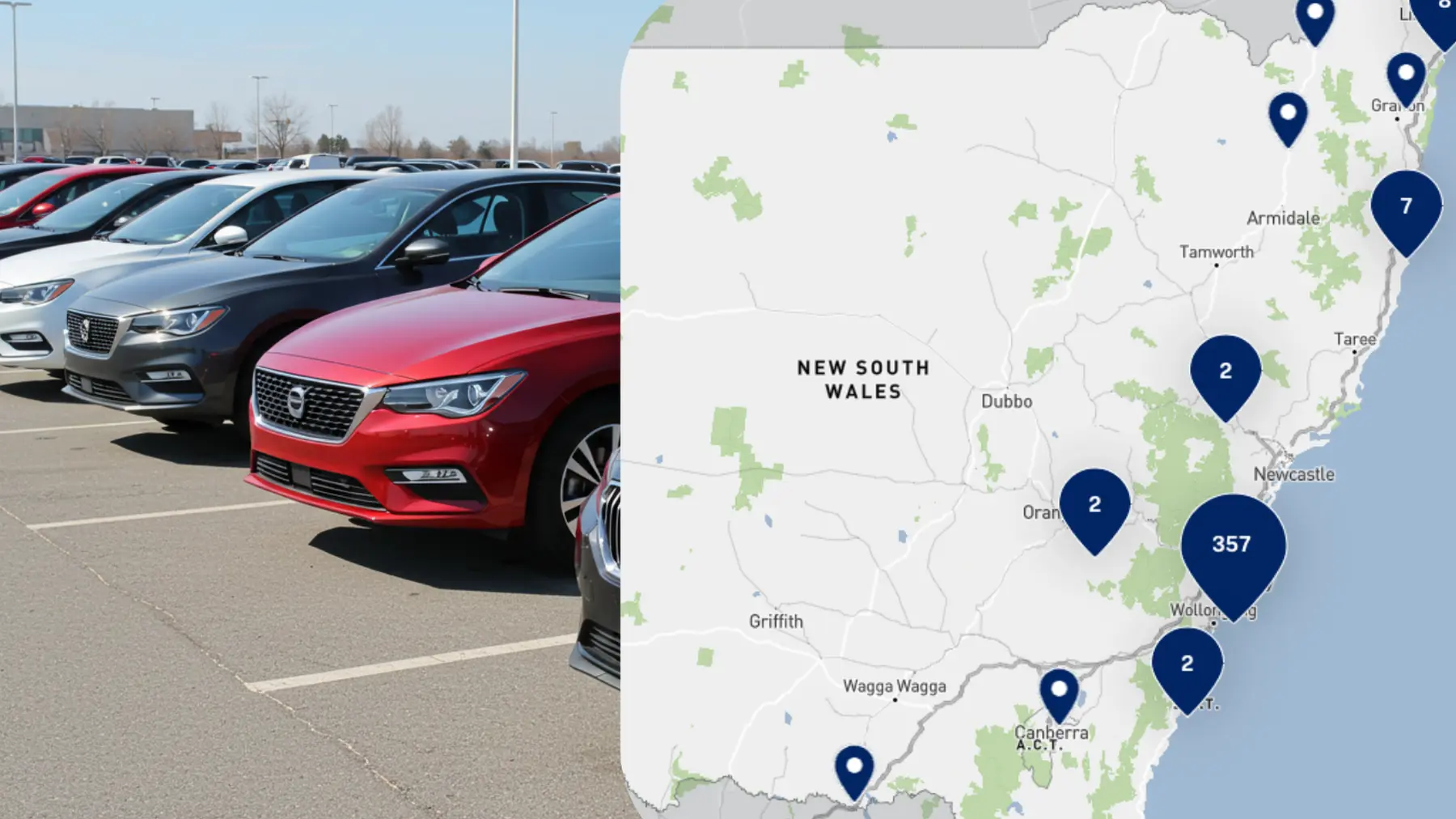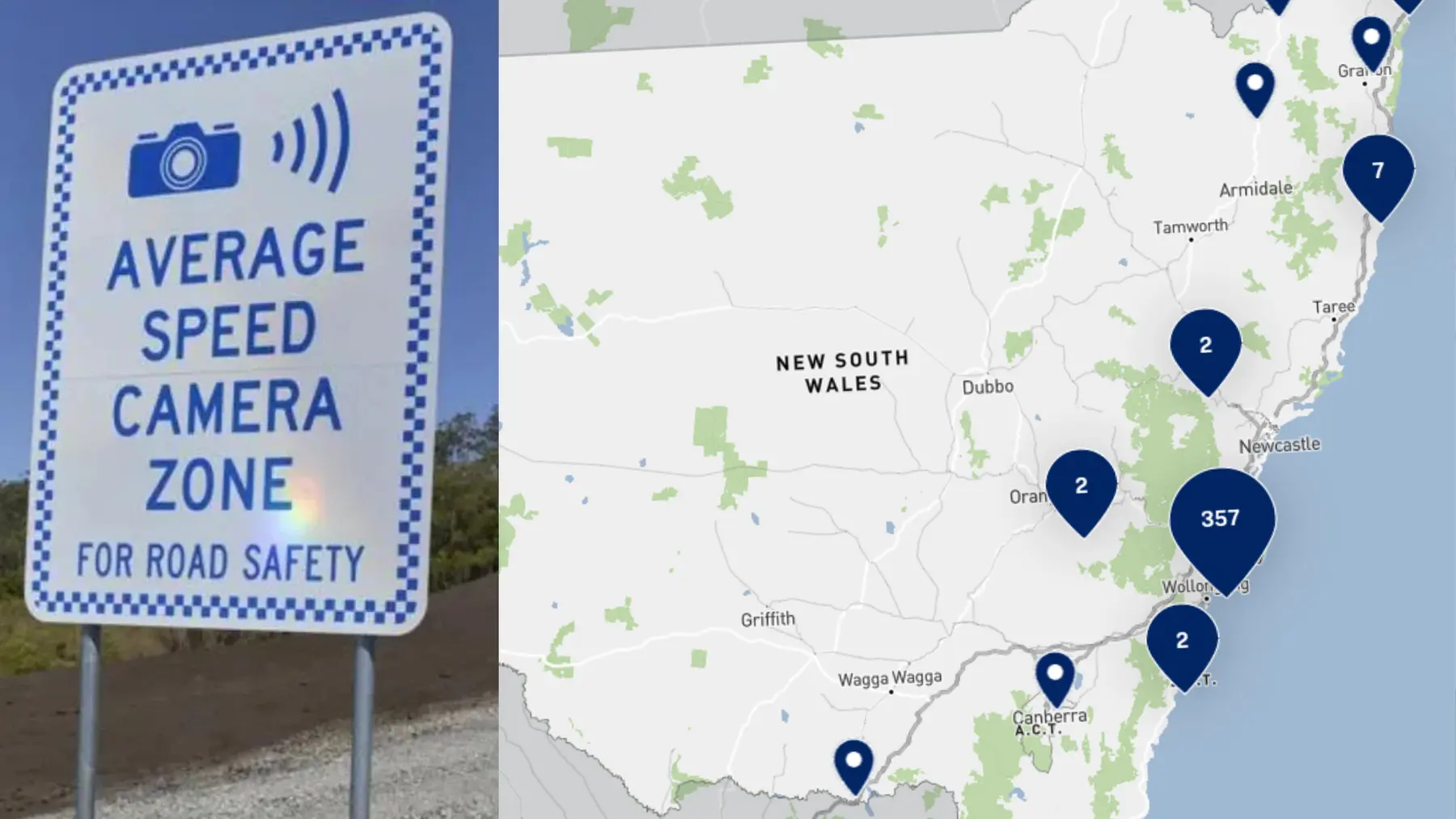On his first day of a second term, President Donald Trump made headlines by signing nearly 50 executive orders, targeting various policies from the previous administration. Among these actions was the repeal of a non-binding agreement aimed at achieving 50% electric vehicle (EV) sales in the U.S. by 2030. This decision aligns with Trump's campaign promises to roll back what he termed "EV mandates."
Revising EV Sales Targets

During the signing ceremony, Trump claimed that the government had imposed mandates requiring 100% EV sales, a statement that has been fact-checked as inaccurate. The reality is that a separate target set by the U.S. Environmental Protection Agency (EPA) aimed for 35% to 56% EV sales by 2032, serving as a guideline rather than a strict mandate. The EPA's previous target of 67% was revised down in April 2024 due to fluctuating demand for electric vehicles.
Tax Credit Changes

In addition to altering sales targets, Trump's administration is expected to eliminate the federal tax credit for EV purchases, currently valued at up to $7,500. This incentive is available for qualifying EVs built in North America and priced below certain thresholds. The removal of this credit could significantly impact consumer interest in electric vehicles.
Promoting Consumer Choice
Under an executive order titled "Unleashing American Energy," Trump aims to dismantle what he describes as an "electric vehicle mandate" to foster "true consumer choice." The order seeks to create a more equitable regulatory environment for all vehicle types by potentially terminating state emissions waivers that limit gasoline-powered vehicle sales. It also calls for an immediate halt on funding earmarked for EV charging infrastructure, which had previously been allocated $7.5 billion through various federal programs.

Tariffs on Imported Vehicles
In a move that could reshape trade relations, Trump announced plans to impose a 25% tariff on vehicles imported from Mexico and Canada, effective February 1, 2024. This follows his earlier threats of imposing tariffs as high as 200% on Mexican-made vehicles sold in the U.S., aimed at protecting American jobs in the automotive sector.

Trump's executive actions signal a significant shift in U.S. automotive policy, prioritizing traditional gasoline vehicles over electric alternatives. While proponents argue this will enhance consumer choice and protect jobs, critics warn it could hinder progress toward cleaner transportation solutions and undermine international trade agreements established under his previous administration. As these policies unfold, their long-term impact on both the automotive industry and environmental goals remains to be seen.


